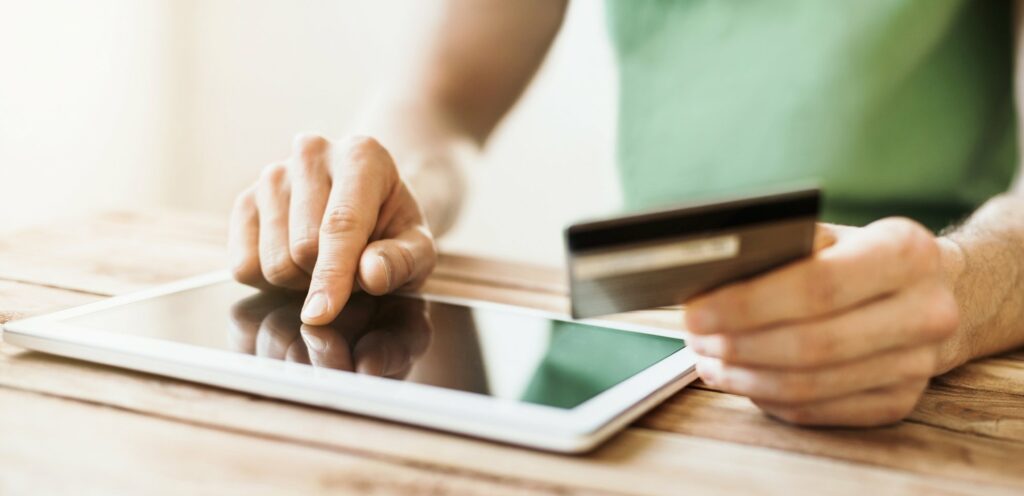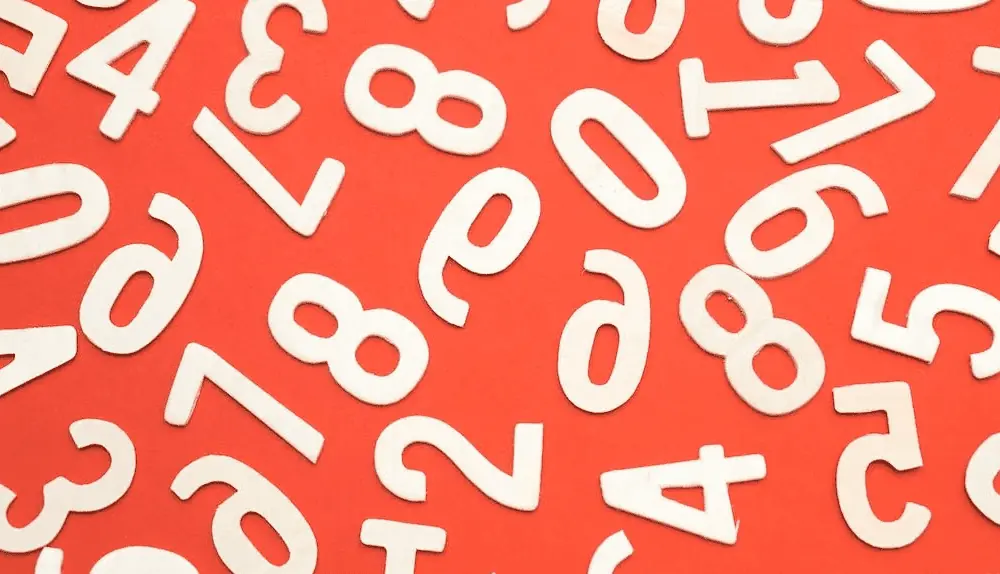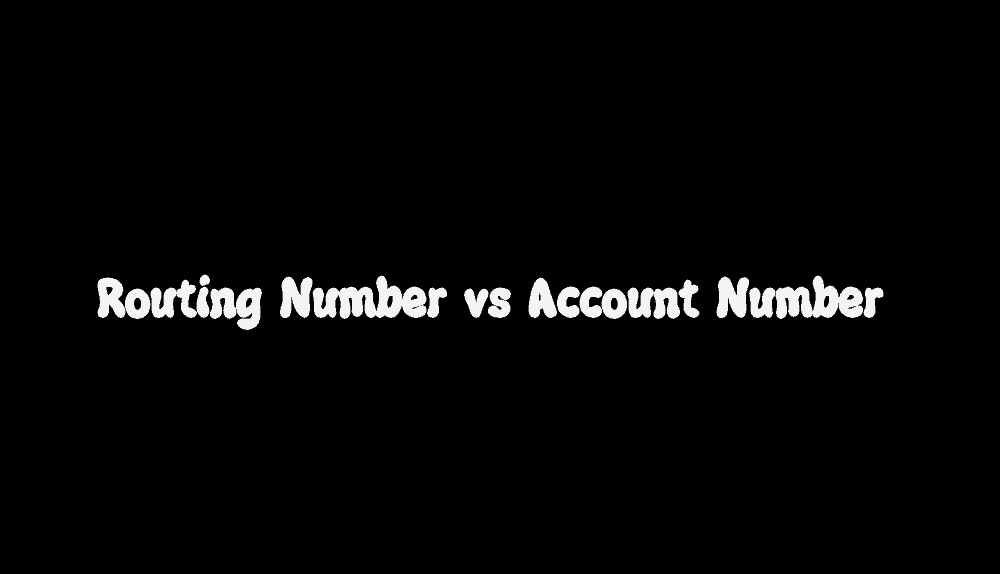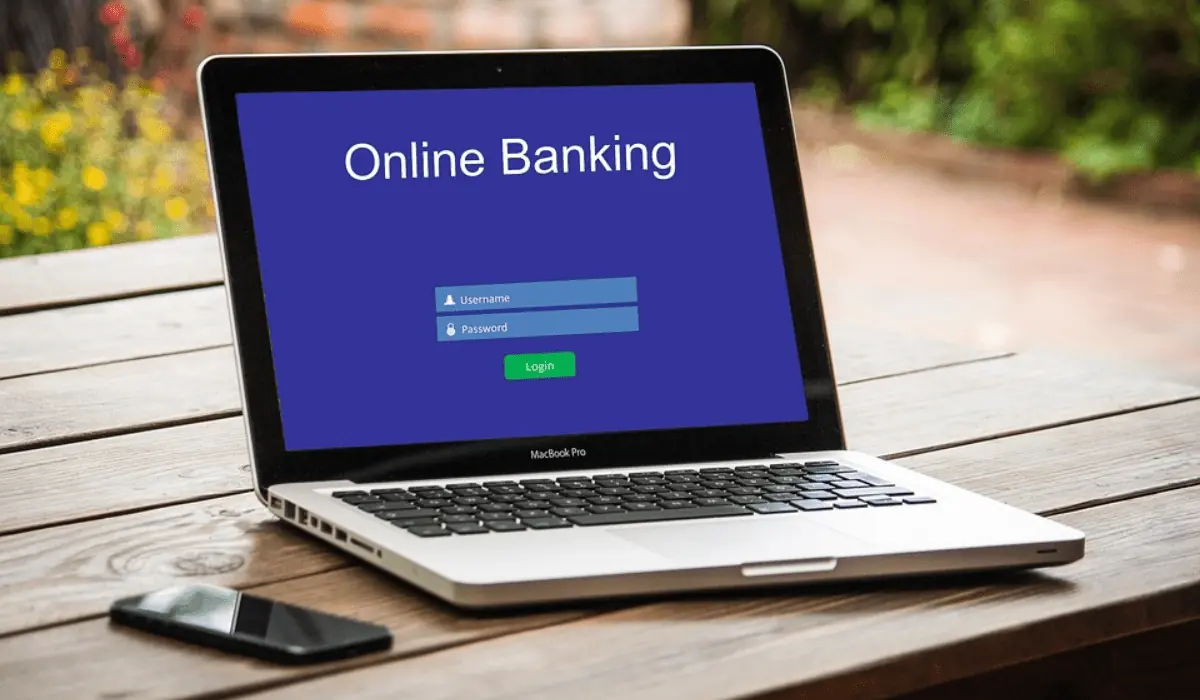Money is serious business, and identifying the correct bank account is critical when it comes to banking transactions. Enter your routing number and account number – two seemingly innocuous strings of numbers that serve as the guardians of your financial world. But what are they exactly, and how do they work?
This article delves into the intricacy of routing number vs account number and their significance in the banking industry in 2024. We’ll cover everything from what they are and how to find them to their role in managing finances and avoiding fraud.
What is a Routing Number?

A routing number, also known as an ABA routing number or routing transit number, is a nine-digit identifier assigned to financial institutions in the United States by the American Bankers Association (ABA). The purpose of this number is to distinguish one bank from another and to make check processing easier.
The routing number, like longitude and latitude or an IP address, serves as a digital identifier for credit unions and banks by directing digital systems to the correct institution. A financial institution must have a federal or state charter and an account with the Federal Reserve Bank to obtain a routing number.
Most banks and credit unions use a single routing number. Still, some large banks with a national or multinational presence may use multiple routing numbers depending on the account holder’s location. Note that the routing numbers used for domestic and international wire transfers differ from those found on paper checks.
How to Find the Routing Number
Visiting your financial institution’s website can make finding your routing number a breeze. Many credit unions and banks publish their ABA numbers on the Internet. Unlike the personal account number, the bank routing number is considered public information and does not need to be protected.
The routing number can be found on the bank’s homepage or by logging into your online or mobile banking account. If that doesn’t work, you can use the free routing number lookup tool the American Bankers Association provides. To find the desired routing number, simply enter the financial institution’s name, city, state, and ZIP code.
Please get in touch with your bank or credit union if you cannot locate your routing number. In-person, over the phone, or even at the drive-through window, a knowledgeable representative should always be able to assist you in finding your transit ABA routing number.
What Is an Account Number?

An account number is a unique identifier assigned to each bank account. It distinguishes your account from other customers at the same bank or credit union. The account number length can vary, but it is usually between 8 and 12 digits. This number must be kept private because it provides direct access to your funds and is required for all banking transactions.
The routing number, which identifies the financial institution holding your account, is distinct from the account number. You may have multiple accounts at the same financial institution, but each will have a unique account number. If you have accounts at various banks, each has its own routing number, and each account has its account number.
The account number is critical in the banking system because it can add or deduct funds from your account when transactions are posted. Keeping your account number secure is essential because it can be used for fraudulent activities if it falls into the wrong hands.
How to Find the Account Number
Three numbers can be found at the bottom of a paper check. The first set of numbers represents your bank’s routing number. The second set is your account number, labeled “2,” on the check. The account number length varies but is usually between eight and twelve digits. It is critical to note that this number should not be the same as your bank’s routing number. The final set of digits, denoted by the letter “3,” is the check number, usually less than the routing or account number.
It can be challenging to locate your account number on the internet. For security reasons, banks and credit unions frequently encrypt or obscure this information, so you may only see the last four digits of your account number displayed when logging into mobile or online banking.
Some financial institutions, however, may display the total account number on their mobile app or online platform. Another option is to download a copy of your paper or electronic statement but keep in mind that depending on the bank, this may only show the last four digits of your account number.
If you can’t find your account number online and don’t have any physical checks, contact your bank or credit union to get it. To verify your status as the account owner, you may be required to provide proof of identity, such as your Social Security Number (SSN) or driver’s license, and answer security questions. You can get the information by phone or in person.
Routing Number vs Account Number

The account number is a unique identifier for a particular bank account within the financial institution. In comparison, the routing number acts as an identifier for a specific bank or credit union. These two numbers work together to ensure that payments are accurately made to the correct banking institutions and accounts. Routing number vs account number is a critical distinction for successful banking transactions.
Importance of a Routing Number and Account Number
In the banking and credit union industries, numbers are significant for managing finances. Routing and account numbers are essential in ensuring that money transfers are deposited into or withdrawn from the correct account, which involves managing millions of accounts.
These numbers are employed in many transactions, including wire transfers, direct deposits, and bill payments. They were created to serve as a passcode to a person’s financial affairs, displaying the funds’ location, source, and destination.
Giving incorrect information can lead to expensive delays and charges. This sensitive information must be kept secure because it could be easily misused if it ends up in the wrong hands. This information can be used for fraudulent purposes like ACH transfers and fake checks, so it should only be used when creating new transactions.
Routing and account numbers function as crucial identifiers to process transactions quickly, whether electronic or paper-based. Without these figures, banks would find it difficult to control the massive volume of transactions that take place every day.
Routing and Account Number Usage
Many situations in today’s financial world where you might be asked for your routing and account numbers. These circumstances consist of the following:
- Direct deposit by a company
- Money transfers to and from friends and family
- Setting up ACH electronic transfers
- Changing check orders
- Refunds of taxes, stimulus payments, and other government aid
- Online bill payment, including for mortgages
- EFTs or wire transfers (Electronic Funds Transfers)
- Financial apps and bank accounts being connected
- Online purchasing and online business
- Using financial apps to manage one’s wealth
- Cellular banking
ACH transfers are the most important and need the most protection of all the transactions that call for these numbers. It is imperative to double-check the information given to third parties to avoid delays and extra costs.
How to Manage Your Routing and Account Number
We talked about how the security of your bank routing and account numbers should always be a top priority. Following are some simple tips for secure data management and understanding your routing number vs account number:
Ensure accurate number entry
Understanding your routing number vs account number is critical. If routing or account numbers are entered incorrectly, money may be sent to the wrong account. You can avoid this by verifying the accuracy of each set of numbers before engaging in any financial transaction.
Choose your apps wisely.
Personal finance apps can be beneficial but can also serve as a target for hackers looking to steal your information by using malware or phishing scams. Make sure any app you use has a good reputation and is legitimate before connecting your bank accounts.
Don’t share account information.
Giving your bank routing and account numbers to anyone requesting it can be dangerous. Ensure the request arrives from a reliable source before providing any financial information. It’s best to contact your bank first if you have any doubts before disclosing the information.
Destroy voided checks
Voided checks should be destroyed because they contain sensitive information like account numbers. It can be made available to anyone by throwing it in the trash. It’s crucial to shred or burn voided checks to prevent this from happening.
Recall your numbers
Writing down sensitive information, such as your bank account and routing numbers, leaves them vulnerable to theft. Instead, try to memorize the numbers so you can use them later.
Conclusion – Account Number vs Routing Number
Finally, understanding routing number vs account number is critical in the banking and credit union industries. These unique identifiers are needed to ensure that funds are transferred to and from the correct accounts and manage the massive volume of financial transactions that occur every day.
The routing number serves as a digital identifier for financial institutions, directing digital systems to the right bank or credit union. In contrast, the account number is a unique identifier assigned to each customer’s bank account.
Both numbers must be kept secure, as providing incorrect information could result in costly delays and charges. This information could be easily misused if it falls into the wrong hands. Understanding the significance of routing and account numbers and correctly using them can help ensure that your financial transactions are processed quickly and accurately.

